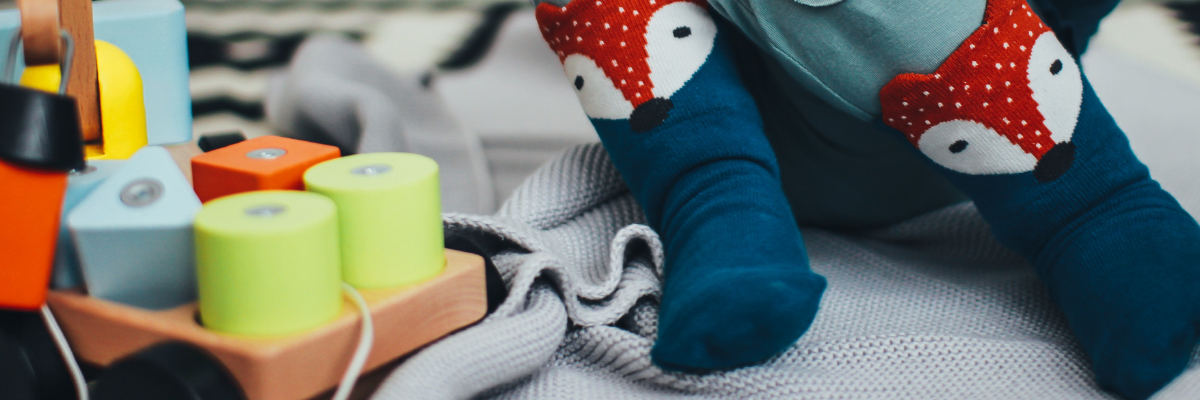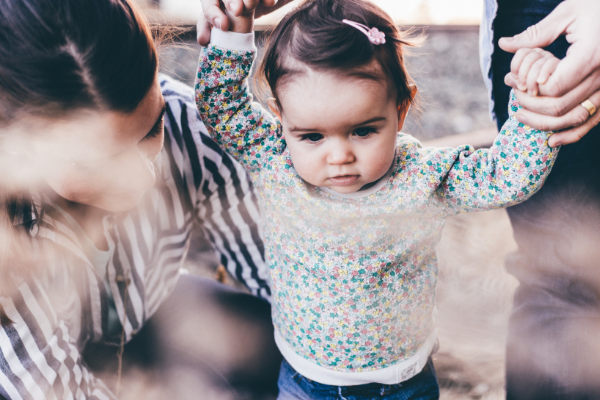
At what age should children start learning about faith? Is there such thing as being too young?
Not according to Dr. Dawn Rundman, product developer at 1517 Media and early childhood development expert. In fact, Dr. Rundman shares her philosophies in her latest book, Little Steps, Big Faith: How the Science of Early Childhood Development Can Help You Grow Your Child's Faith.
We sat down with Dawn to get you the inside scoop into one of our favorite authors and her fascinating new book.
Tell us about your background and passion for early childhood development.
My academic studies focused on child development and school psychology. I have a Ph.D. in developmental psychology and also completed all the coursework and practicum hours for a master’s degree in School Psychology.
My Ph.D. studies opened me up to the thrilling research that explored how the brain develops during the first years of life. It became clear to me that children are best equipped for success when they are raised in supportive, enriched environments so they can thrive.
You recently wrote your first book, “Little Steps, Big Faith.” What inspired you to write this book?
I wanted to provide parents a way to learn how they could weave moments of faith in their everyday lives during their child’s first years. Parents of little one’s face so many stressors – getting enough sleep, managing their household, maintaining a strong spousal relationship, doing meaningful work – and the last thing they need is pressure to somehow create more family time. I also wanted to emphasize the importance of teaching faith rituals and traditions in the first years when their child’s brain can be shaped by experiences.
What can readers expect from reading “Little Steps, Big Faith”?
I hope readers feel like this book is the next best thing to having a close friend with a Ph.D. in developmental psychology who encourages them and says, “you are doing amazing things that are changing your child’s brain!”
I want parents and other caregivers to develop a basic understanding of how the brain works so they can begin to see ways that they can weave language, literacy, music, and whole-body parenting into their daily lives together. And, I think readers will find that at least a few of the Little Steps that are at the end of each chapter are doable ideas they can start using right away.

What is the biggest learning people gain from “Little Steps, Big Faith”?
I have heard from readers that this book helps affirm for them the importance of the first three years for faith formation. One person gave me this informal review: Confirming what pastors everywhere have always suspected.
What we do and say, and sing is making a difference for these precious little ones, whether the reader is a parent, grandparent, other family member, or ministry leader. When we use what we know from child development to raise our young children in faith, we are strengthening those faith foundations.
Lastly, what piece of advice do you have for new parents?
No advice – just an affirmation. You are enough. You are doing a great job. Your child knows you – the sight, smell, touch, and sound of you – in their very brain cells. Keep going and know that God knows you and your child and loves you for who you are.
Get started with Dawn’s book, Little Steps, Big Faith, here!



